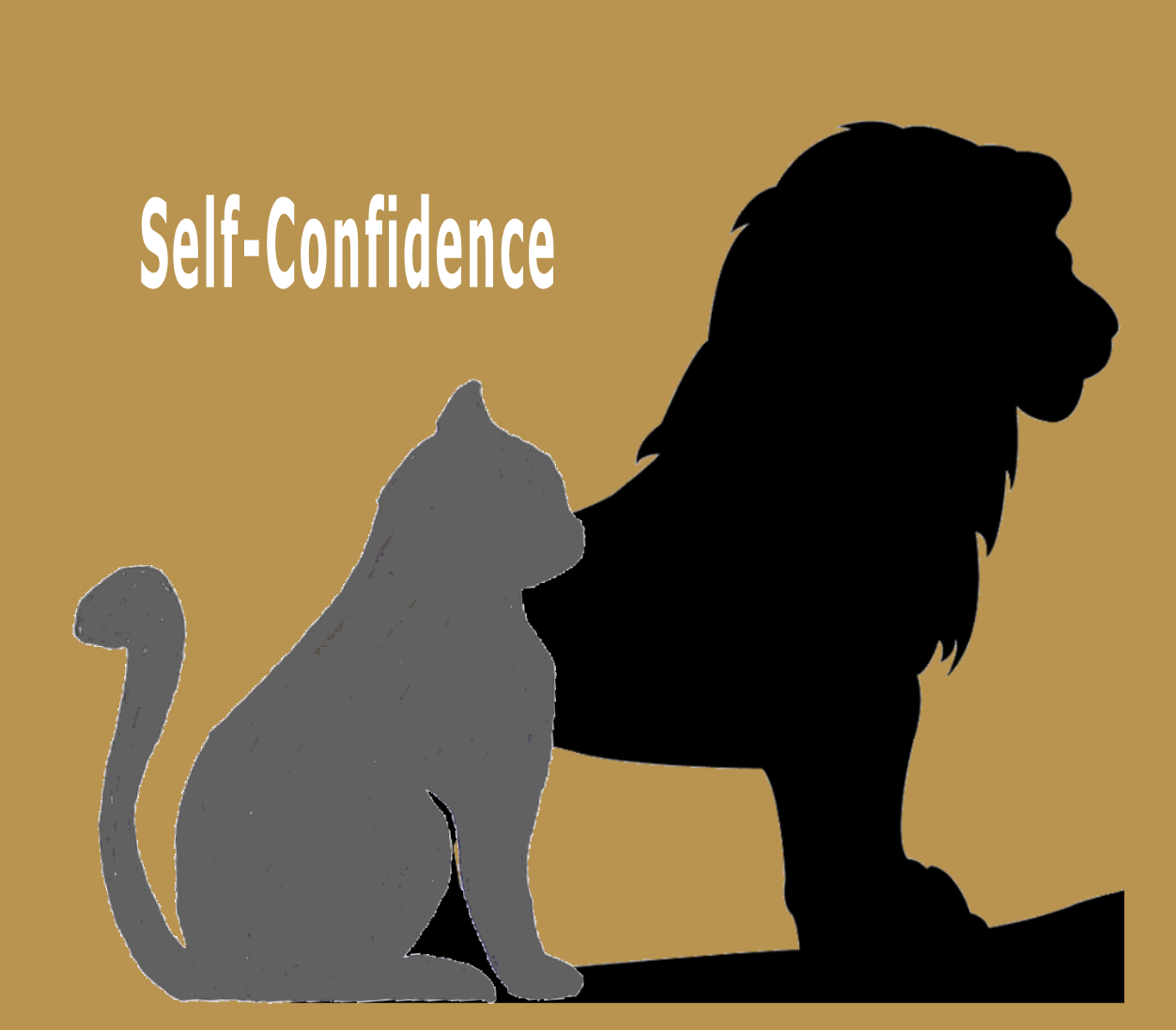Self-confidence is one of the most powerful ingredients in the journey toward achieving your dreams. It influences the decisions you make, the risks you take, and how you respond to challenges along the way. When you believe in your abilities, you’re more likely to take action—and action is what brings goals to life.
Let’s explore how self-confidence affects your progress and how to develop it to reach your full potential.
What Is Self-Confidence?
Self-confidence is the belief in your own abilities, qualities, and judgment. It’s the internal sense that says:
- “I can handle this.”
- “I deserve success.”
- “Even if I fail, I’ll be okay.”
Confidence doesn’t mean you think you’re perfect. It means you trust yourself enough to try, to learn, and to grow.
Why Self-Confidence Matters for Goal Achievement
Confidence impacts every part of the goal-setting and goal-reaching process:
1. You Set Bigger Goals
People with low self-confidence often shrink their goals out of fear. Confident people, on the other hand, believe that big goals are worth pursuing. They’re not afraid to dream big, because they trust they can handle the journey—even the hard parts.
2. You Take More Action
Confidence pushes you to act. You stop waiting for the “perfect time” or “more preparation.” You know that momentum matters more than perfection.
3. You Persist Through Challenges
Setbacks are guaranteed. The difference is how you respond. Self-confidence helps you bounce back faster, learn from mistakes, and keep going—because you believe the effort is worth it.
4. You Inspire Others to Support You
People are drawn to confident energy. When you believe in yourself, others are more likely to believe in you too. This can lead to support, opportunities, and collaboration that help you go further.
5. You Make Better Decisions
Confidence reduces the grip of doubt and overthinking. You’re more decisive and trust your intuition. That clarity leads to faster progress.
How to Build Self-Confidence
Confidence isn’t something you’re born with—it’s something you build. Here’s how to develop more of it, step by step:
1. Keep Promises to Yourself
Each time you do what you said you would—big or small—you send a message to your brain: “I can trust myself.” That trust is the foundation of confidence.
Start with small promises:
- “I’ll go for a walk today.”
- “I’ll write one paragraph.”
- “I’ll drink more water.”
Then build up from there.
2. Celebrate Your Progress
Don’t wait until you reach the finish line to feel good. Every step forward counts:
- Acknowledge what you’ve accomplished
- Reflect on how far you’ve come
- Reward yourself with encouragement
Confidence grows when you focus on wins, not just gaps.
3. Challenge Negative Self-Talk
Your inner critic is not the truth. Learn to recognize and question thoughts like:
- “I’m not good enough.”
- “I’ll never get this right.”
Replace them with more empowering ones:
- “I’m still learning.”
- “I’ve done hard things before.”
- “I’m getting stronger every day.”
4. Step Outside Your Comfort Zone Regularly
Every time you do something uncomfortable—whether it’s public speaking, asking for help, or trying something new—you expand your confidence. Growth doesn’t happen in your comfort zone.
Start with small challenges and gradually increase the level of difficulty.
5. Visualize Success
Imagine yourself succeeding. Picture:
- Completing the goal
- Receiving the reward
- Feeling proud and empowered
This mental practice prepares your brain for success and reinforces belief.
6. Take Care of Your Physical State
Confidence is connected to your body. When you:
- Exercise
- Eat nutritious food
- Sleep well
- Dress in a way that makes you feel good
…you carry yourself with more strength and presence.
7. Surround Yourself with Positive Influences
Be around people who lift you up—not tear you down. Confident environments nurture confident people.
Avoid:
- Chronic complainers
- Negative critics
- People who discourage ambition
Seek:
- Encouragers
- Goal-setters
- Mentors
8. Track Your Wins
Keep a journal or digital list of your accomplishments—no matter how small. On hard days, look back and remind yourself of your progress. Confidence comes from evidence.
9. Embrace Failure as Growth
Confident people fail, too—they just don’t let it define them. They see failure as a lesson, not a verdict. Every setback is proof that you’re trying and growing.
What Confidence Isn’t
It’s important to clear up some common myths:
- Confidence isn’t arrogance. Arrogance is rooted in insecurity and comparison. Confidence is grounded in self-respect.
- Confidence doesn’t mean you’re never afraid. You can be scared and confident at the same time.
- Confidence doesn’t require outside approval. It’s built from the inside out.
Self-Confidence Creates Momentum
When you believe in yourself, you’re more likely to act. And when you act, you create results. Those results feed your confidence—and the cycle continues.
It all starts with one small choice: to believe you’re capable. From that belief, you build habits, actions, and results that move you toward your dreams.
Confidence isn’t just a nice feeling. It’s a strategy—a tool for progress, persistence, and powerful goal-setting.
